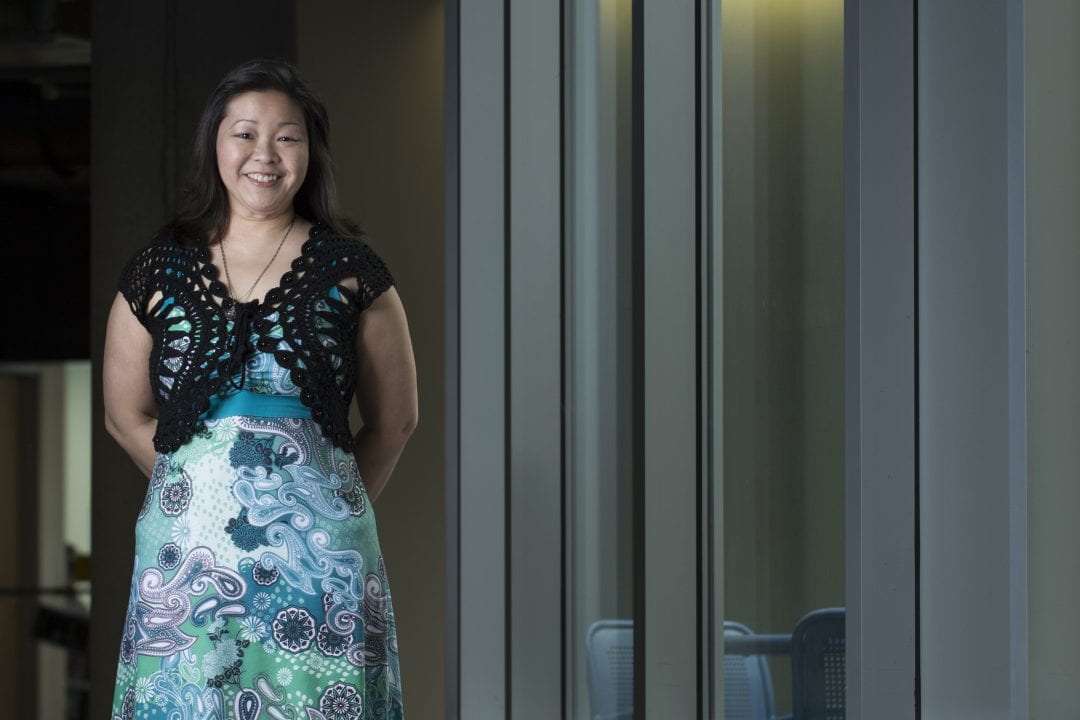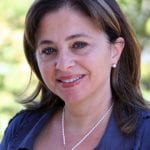Fulbright’s finest
UCI rates as top-producing school for prestigious international exchange program

Few academic honors are more prestigious than being named a Fulbright scholar, and at UCI, it’s a designation that’s becoming more and more common among faculty, administrators and students.
The federally sponsored Fulbright Program aims to increase mutual understanding between Americans and foreigners by awarding merit-based grants enabling U.S. citizens to study, conduct research or use their talents abroad – or people in other countries to do so here. UCI’s Fulbright fellows have spanned the globe, from Finland to the Philippines, to work on myriad projects improving the lives of billions.
Over the past five years, 21 UCI faculty and staff have received Fulbright support, and the campus was recognized by The Chronicle of Higher Education as a “top producer of Fulbright U.S. scholars” for its six 2017-18 fellows – the most recent cohort. Fulbright also hosts a student program, in which 13 UCI undergraduates have participated since 2013.
“Receiving a Fulbright scholarship is a rare, distinguished honor for which the applicants must truly distinguish themselves,” says Susan Bender, UCI’s senior director of global affairs – and a Fulbright alumna herself. “Being a top-producing university is evidence that UCI is home to high-quality and competitive faculty members, administrators and students who achieve at the highest levels.”
To encourage the next generation of fellows, the Office of Global Engagement is hosting a Fulbright Forum on Thursday, April 12, from noon to 2:30 p.m. in the Continuing Education 1 building, Glacier Bay rooms A and B. RSVP here.
All UCI faculty, staff, graduate students, and current or former Fulbright participants are invited. It’s a chance to explore the many opportunities afforded by the Fulbright Program and, perhaps, follow in the footsteps of UCI’s 2017-18 grant recipients. They are:

Dan Burk, Chancellor’s Professor of law, received a Fulbright cybersecurity award to conduct research at England’s Oxford Internet Institute, where he studied the U.K.’s administrative procedures for consumer access to encrypted information. This is Burk’s second Fulbright award.

UCI librarian emeritus Daniel Tsang won a Fulbright grant to conduct research on protest literature in Hong Kong, just as the former British colony marks the 20th anniversary of its return to China. He is spending the current academic year in Hong Kong to research ways in which the proliferation of protest literature, media and art is being safeguarded and preserved for future generations. This is his second Fulbright award.

Felicidad “Bliss” Cua Lim, associate professor of film & media studies, is using her Fulbright grant to conduct research in the Philippines for her book on the dismal state of the nation’s film archive. Based on interviews, scholarly and popular sources, government reports, legal statutes and Southeast Asian archivists’ newsletters, Lim will reconstruct the lost history of Philippine film archiving.

Regina Ragan, associate professor of chemical engineering & materials science, is using her Fulbright Flex award to work with researchers at Germany’s Karlsruhe Institute of Technology to implement her pioneering methods for nanomanufacturing nanophotonic devices and investigate their use in next-generation medical diagnostic tools.

David Timberlake, assistant professor of public health, was named a Fulbright fellow to explore challenges in implementing Finland’s plan to be tobacco-free by 2040.

Lina Kreidie, a political science alumna and former international studies lecturer, has used Fulbright support to spend a year in Jordan completing her research on the prevalence and impact of PTSD among civilians living in conflict zones. She conducted interviews with Syrian refugees in order to compare individuals who’ve excelled in the face of adversity with those who’ve found dealing with trauma more difficult.
Fulbright fellows have become heads of state, judges, ambassadors, cabinet ministers, CEOs and university presidents, as well as prominent journalists, artists, scientists and teachers. They include 58 Nobel laureates, 82 Pulitzer Prize winners, 31 MacArthur fellows, 16 Presidential Medal of Freedom recipients, and thousands of leaders across the private, public and nonprofit sectors. More than 370,000 people have participated in the Fulbright Program since its 1946 inception.